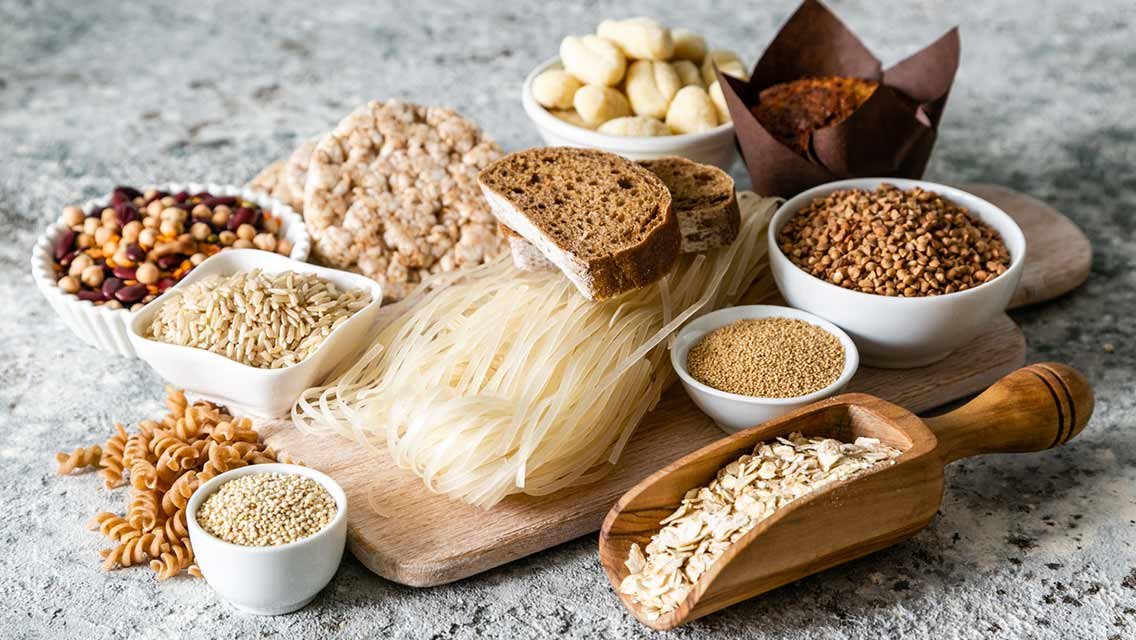The relationship between gut health and immunity
Did you know that what you eat has a bigger impact on your gut microbiome and its ability to protect you from viruses than anything else you do?* In fact, 70-80% of immune cells are present in the gut!
It’s therefore vital to keep your gut in good shape to bolster your immune system. Healthy gut bacteria need specific essential raw materials and nutrients to survive, and those requirements come from eating a wide range of different foods.
So how can you improve your family’s gut health, and therefore your immunity?
Eat More Plants
Absolutely key to gut health is to eat plants in the form of more vegetables, fruits, legumes, grains, nuts and seeds. They provide the raw material for bacterial fermentation, which produces short-chain fatty acids (SCFAs)—arguably the most important metabolites for gut and immune function, so eating more plants is the number one strategy for improving your gut shield.
By diversifying the number of plants you eat you will also diversify the number of good bacteria that grow in your gut, so you should always aim to eat lots of different types every day.
This is backed up by research: In 2018, researchers from the American Gut Project published the largest human microbiome study ever done, involving over ten thousand people from forty-five different countries.
They found that the more different plant types a person eats, the higher the microbial diversity of the gut. People who ate 30 or more different plant types a week had microbiomes that were more diverse than those of people who ate only 10 plant types or less per week.
We advise our clients to ‘eat the rainbow’ to ensure they receive all the necessary nutrients and vitamins.
Complex carbohydrates
Not all carbs are created equal. Simple carbohydrates are those found in baked goods and other processed foods which are rapidly digested in your small intestine and absorbed as glucose. They cause a spike in insulin levels and are associated with weight gain, diabetes and inflammation. They also negatively affect your microbiome by throwing it out of balance.
Complex carbohydrates however are typically high in fibre and include fruit, vegetables, beans, brown rice and some whole grains. They don’t cause a surge in insulin levels and are also highly beneficial for nurturing essential microbiomes.
Inulin is a type of complex carbohydrate that feeds microbiomes to promote healthy gut flora. Foods high in inulin include bananas, artichoke, asparagus, garlic, leeks and onion.
Fermented foods
Foods such as sauerkraut, kimchi and pickles are incredible for gut health because they contain live bacteria (probiotics) and prebiotic fibre to nourish your gut bacteria and increase microbes - as confirmed by researchers at Stanford University.
We hope you found this guide to gut and immune health helpful. Incorporating gut-friendly foods into your family’s diet is the foundation for health - not just immune but also mental as well. Small changes really can make a big difference.
We test for and address the underlying biochemical imbalances commonly seen in many behavioural and mental health concerns, using highly targeted supplements and nutritional interventions as part of our BeBright Nutrient Therapy programmes.
If you are looking to support your gut health or that of your child - please contact our team today to discuss.
* Source: https://www.ncbi.nlm.nih.gov/pmc/articles/PMC3337124



